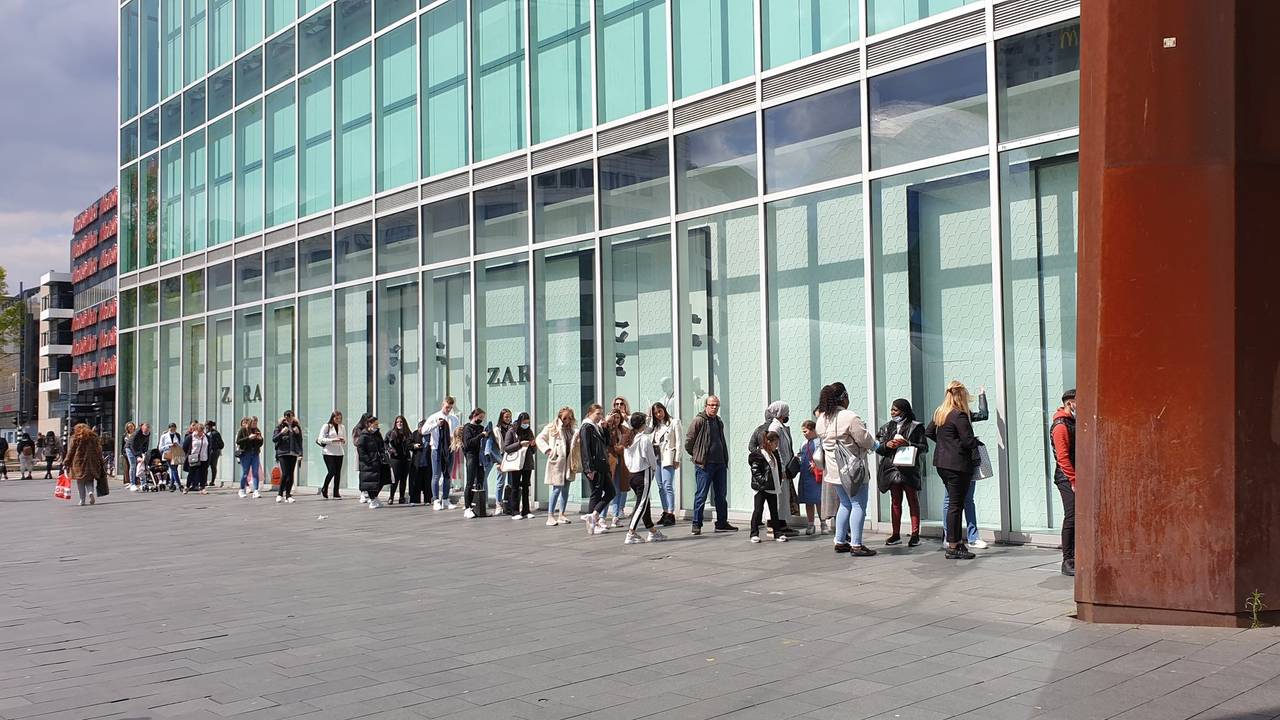Good news for employees of Berlin and Brandenburg courts. After long-simmering disputes, the Federal Labor Court has now decided in a decision of 9.9.2020, 4 AZR 195/20, that judicial employees in court offices can demand significantly higher remuneration. The employees of the judiciary are often classified in pay groups EG 6 to EG 8 of the collective agreement of the federal states. According to the decision of the Federal Labor Court, however, they can now, in almost all cases, demand remuneration according to salary group 9 a TV-L. This amounts to amounts of several 100 EUR per month.
However, there is the peculiarity that both the state of Brandenburg and the state of Berlin have announced that they do not want to implement this decision of the Federal Labor Court. The state of Berlin has already filed a constitutional complaint against the decision of the Federal Labor Court.
Therefore, judicial employees who want to demand a higher categorization must now take action. Since the state labor court of Berlin-Brandenburg suspended the proceedings in a succession litigation led by us with a decision from March 26, 2021 to September 30, 2022 due to the constitutional complaint, claims now threaten to lapse. If judicial employees from Berlin and Brandenburg also want to assert claims from 2018, they must now file an action by the end of the year at the latest in order to avoid a statute of limitations.
Generally speaking, employees in the public sector can have their remuneration reviewed by a court. In this respect, the “automatic tariff” applies. So it does not depend on what is agreed as remuneration in the employment contract, but what remuneration actually results from the assessment of the employment relationship according to the respective remuneration regulations and the collective agreement. Employees must bear in mind that corresponding claims for review and higher grouping can only lead to retrospectively higher remuneration within the collective bargaining period of six months.
–


